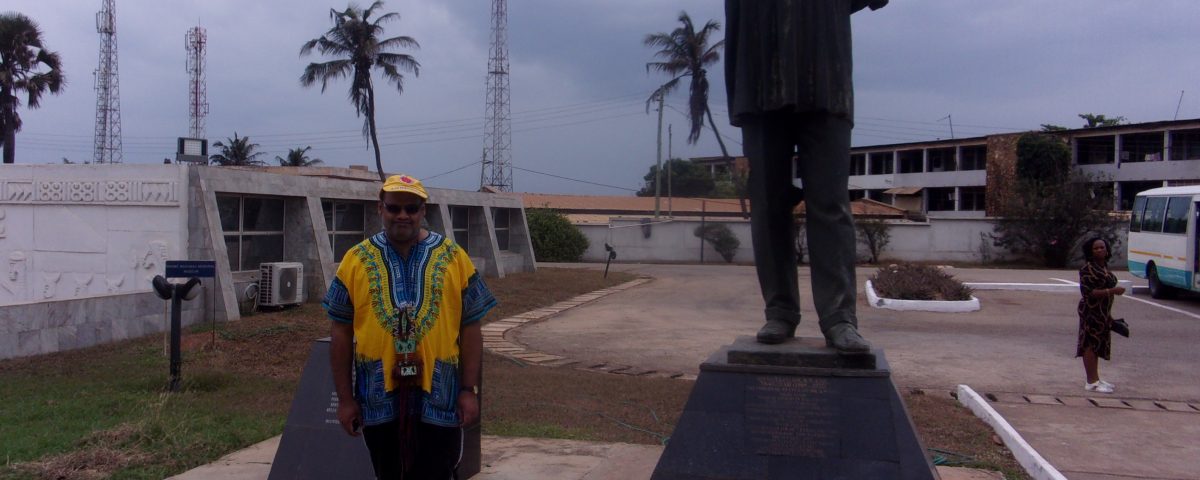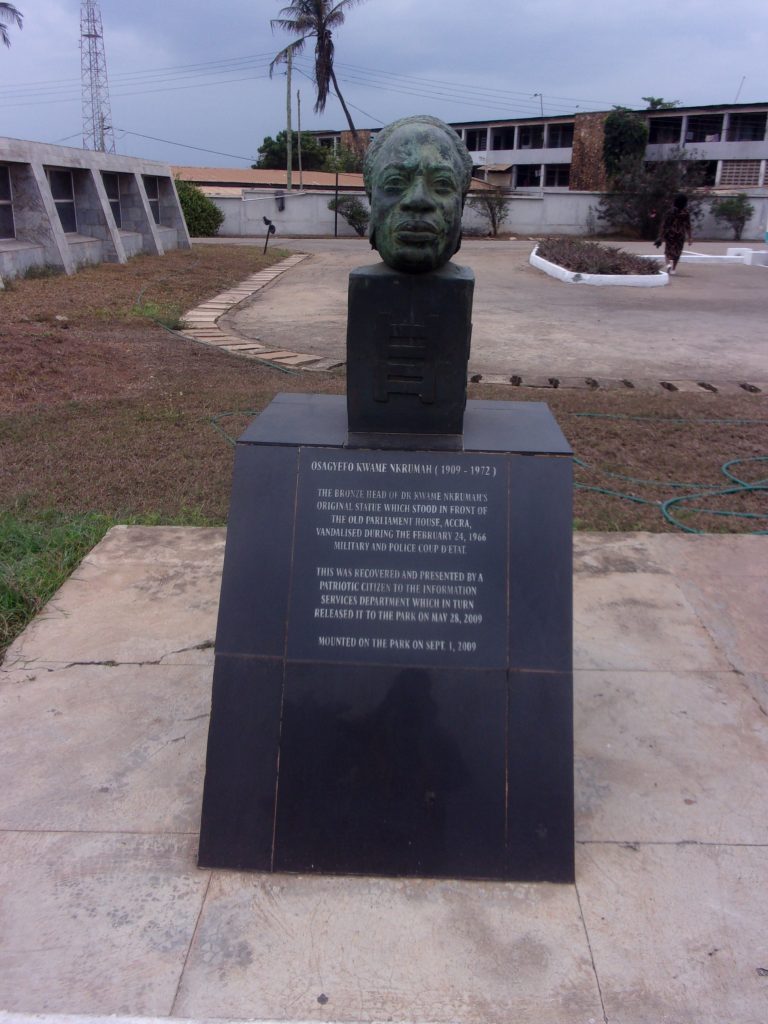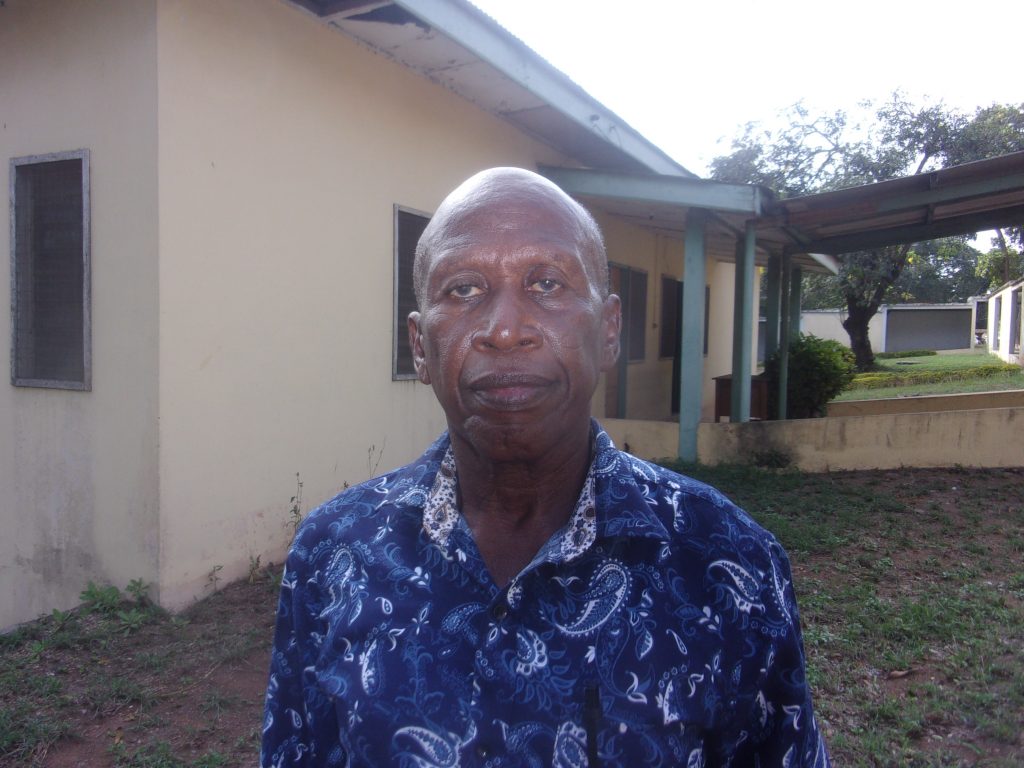Historic AFCON (Part Two)

Historic AFCON (Part One)
January 2, 2024
Historic AFCON (Part Three)
January 2, 2024Historic AFCON (Part Two)

KODAK Digital Still Camera
By Satish Sekar © Satish Sekar (December 29th 2023)
The Revolution Betrayed
The Ghanaian Football Revolution had been betrayed, but its foundations were so solid that they were still able to reach two more Africa Cup of Nations (AFCON) finals immediately after the February 1966 coup, setting an unsurpassed record of four consecutive finals. They won the first two during Nkrumah’s Football Revolution and lost the following two under talented former Hearts of Oak footballer, Lieutenant-General Joseph Ankrah and his successor Brigadier Akwasi Afrifah. Ankrah resigned in 1969. Afrifah took power as Chairman of the military’s National Liberation Council, and was Chairman of the Second Republic’s Presidential Council until August 1970.

Ghana’s record-breaking run of four consecutive finals – no other country has matched this – consisted of two AFCON titles under Nkrumah and two defeats in the final under military leaders, Ankrah and Afrifah. The latter was one of the military leaders executed under the leadership of the late Jerry Rawlings – more of him later. But Ghana played an important in organising the African boycott of the 1966 FIFA World Cup in England, which helped Africa obtain an automatic slot in that tournament’s finals four decades after the first FIFA World Cup.
But Ghana’s doldrum years began under military rule. The Second Republic was very short-lived. Former Supreme Court Justice Rapahel Nii Amaa Olennu served as acting President for a few days in 1970 before he was succeeded by Edward Akufo Addo father of the current President of Ghana Nana Addo Akufo-Addo. The Prime Minister was Kofi Busia who was overthrown in a coup by Colonel, later General, Ignatius Acheampong. This coup occurred before the 1972 AFCON Finals, but Ghana had already been eliminated by then. Acheampong remained in power throughout the doldrum years, but also delivered the historic third triumph in 1978. Ghana was the first country to win the trophy three times and get to keep it. But Acheampong would not be allowed to savour the triumph. Weeks later, like Nkrumah, whom Acheampong had denied the dying wish to return to Ghana to die in 1972, he too was overthrown after delivering the AFCON title.
The Era of the Military Strongman – Politics and Football
Congo-Kinshasa, formerly Belgian Congo had endured a crisis. Nkrumah had sent troops to help defend Patrice Lumumba. Among those to distinguish himself and save the Congolese icon’s life was Joseph Ankrah – he was commended for his courage and actions, but Lumumba would soon be betrayed by the man he had trusted, Joseph Mobutu. Lumumba was murdered and Mobutu soon exploited the vacuum to overthrow President Joseph Kasavubu and seize power himself.
Mobutu saw the potential of football – it would hard not to as TP Engelbert, later TP Mazembe were already hailed as one of Africa’s great club sides – they had won a bizarre quadruple in 1967 which included the Africa Cup of Champions Clubs as Ghana’s Asante Kotoko did not turn up for the replay after CAF had ordered one. Kotoko’s pleas that they did not get the message to replay fell on deaf ears.
During the political chaos in the Congo in 1965, Ghana faced Congo-Kinshasa in the AFCON on November 12th. The Black Stars demolished the challengers 5-2 with goals by Osei Kofi and braces by Ben Acheampong and Cecil Jones Attuqayefio for Ghana and a brace in reply by Pierre Kalala – a man who would write his name large in the history of AFCON in due course.

Less than three weeks later the two teams would meet again in a friendly in Kinshasa. Ghana again won by three goals – this time 3-0. Ghana would play another two friendlies as Nkrumah’s rule approached its end. They played Kenya twice in friendlies in December 1965. It isn’t often you beat a team 13-2 and get told off by your boss, but that is what happened.
Gyamfi told me at Ghana’s AFCON in 2008 that Nkrumah tore strips off him, telling him that he didn’t tell them to go and dismantle Kenyan football; he wanted them to make friends through football. Nkrumah, Gyamfi said, ordered them to play the Kenyans again, but to give them a chance. Four days later the two teams played again – it ended 3-3. Ghanaian and African great Ibrahim Sunday confirmed Gyamfi’s version of this trip.
The alternative is believing that the Kenyan minnows improved so much in four days that they went from a severe thrashing to being equal to the African champions who had inflicted the worst defeat they had ever suffered.
But Africa’s champions would suffer a terrible blow off the pitch a few weeks later, and they would not recover from it. Meanwhile, Mobutu began reorganising Congolese football. The late Léon Mokuka had been replaced as coach as Mobutu decided that their football needed a foreign tactician to deliver, and Csanádi Ferenc did not disappoint. Kalala scored the only goal of the final – the second AFCON Finals hosted by Ethiopia, and first AFCON to feature eight teams.
Meanwhile, la Côte d’Ivoire confirmed their status on the African stage, beating hosts Ethiopia to third place again. The late Laurent Pokou equalled Hassan El-Shazzly’s scoring record of six in an AFCON Finals. He would soon set another two AFCON records. Algeria and Congo-Brazzaville made their AFCON Finals bow in this edition.

